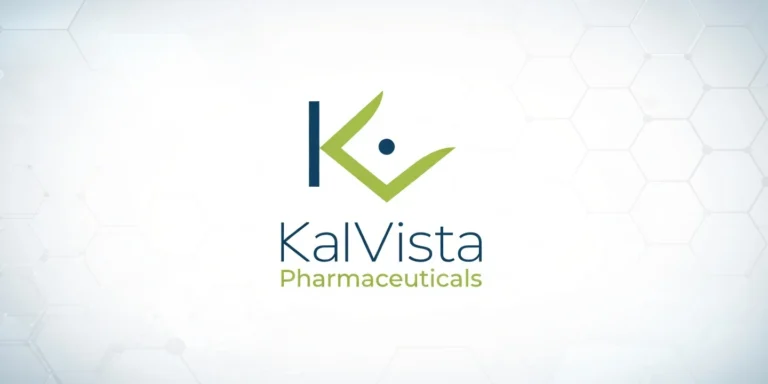
BeiGene, Ltd. (NASDAQ: BGNE; HKEX: 06160; SSE: 688235), a global oncology company, announced that the U.S. Food and Drug Administration’s (FDA) Oncologic Drugs Advisory Committee (ODAC) has recognized the positive benefit-risk profile of PD-1 inhibitors, including TEVIMBRA® (tislelizumab-jsgr), for first-line treatment of patients with locally advanced unresectable or metastatic esophageal squamous cell carcinoma (ESCC) and gastric/gastroesophageal junction (G/GEJ) cancers, both expressing PD-L1 levels greater than 1%. The ODAC evaluated the efficacy and safety data from Phase 3 RATIONALE-305 (G/GEJ) and RATIONALE-306 (ESCC) trials, as well as pivotal studies for other approved PD-1 inhibitors in these conditions.
The committee voted 10 to 2, with one abstention, that the risk-benefit profile is unfavorable for PD-1 inhibitor use in G/GEJ cancers with PD-L1 expression below 1%. Similarly, the members voted 11 to 1, with one abstention, against the use of these inhibitors in ESCC patients with PD-L1 expression below 1%. These votes suggest a recommended PD-L1 expression cutoff for the use of PD-1 inhibitors in treating these cancers.
Sally Werner, CEO of Cancer Support Community, highlighted the urgent need for new treatments, stating, “Survival rates for late-stage gastric and esophageal cancer remain low, and more treatment options are essential for extending patients’ lives.”
Mark Lanasa, M.D., Ph.D., Chief Medical Officer for Solid Tumors at BeiGene, added, “ODAC’s vote for a class-level PD-L1 cutoff helps set a standard for treatment. We will continue working with the FDA to bring TEVIMBRA to patients in the U.S.”
Both the RATIONALE-305 and RATIONALE-306 studies achieved their primary endpoint of overall survival, showing a significant reduction in death risk. The safety profile of TEVIMBRA combined with chemotherapy was consistent with known anti-PD-1 antibodies, with no new safety concerns identified.
TEVIMBRA’s Biologics License Applications (BLAs) for these indications are still under FDA review. The drug is already approved in the U.S. for treating adult patients with unresectable or metastatic ESCC after previous systemic chemotherapy not involving a PD-L1 inhibitor.





